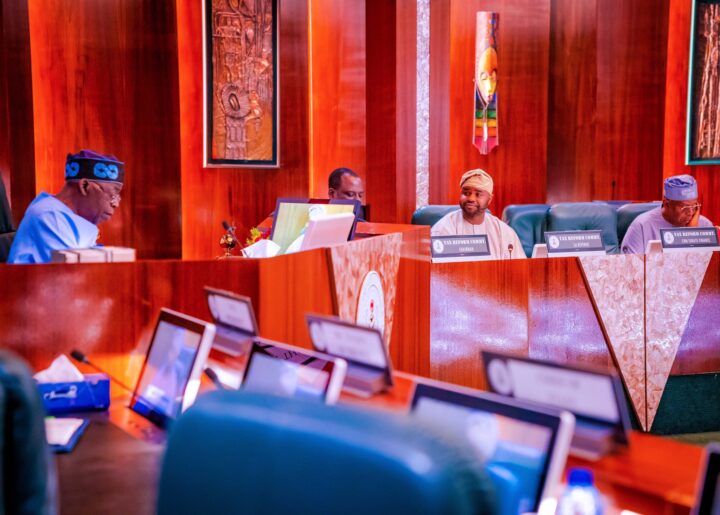Taiwo Oyedele, chairman of the presidential committee on fiscal policy and tax reforms, says the country’s tax laws would be amended to encourage remote work opportunities and grow the digital economy.
Oyedele spoke at the inauguration ceremony of the committee in Abuja on Tuesday.
The former fiscal policy partner and Africa tax leader at PriceWaterhouseCoopers (PwC) said many existing laws in Nigeria are outdated.
He said there was a need for comprehensive updates to achieve harmonisation and address the multiplicity of taxes, remove the burden on the poor and vulnerable, while addressing the concerns of all investors — big or small.
Advertisement
“Our tax administration has improved but remains relatively basic, with instances of unregulated collections by untrained officers, particularly at the local government level, being widespread,” he said.
“Our revenue generation falls below even African standards, yet our collection costs are among the highest. This is due not only to multiple taxes but also numerous collection agencies and fragmented revenue reporting procedures.”
Despite the challenges posed by tax disputes, Oyedele said these could also be a unique opportunity to create a positive impact.
Advertisement
He told TheCable that the primary focus of the amendments is the tax laws “which currently discourage global companies from hiring Nigerians based in Nigeria to work for them remotely”.
However, he said there will also be collaboration with various agencies to identify other laws that may be relevant in achieving the objective.
“We have the chance to revamp our tax policies for a more equitable system, modernise our laws to be adaptable and forward-looking, revitalise our revenue administration, enhance transparency in revenue reporting, and exercise prudence in our spending,” Oyedele said.
“These challenges further provide a platform for us to mobilise revenue without introducing new taxes, and we can respond swiftly to our most pressing needs including measures to ease the impact of rising prices (e.g. suspension of VAT on diesel), reduce pressure on the naira (e.g. cease the payment of taxes and levies in foreign currencies).
Advertisement
“We would also amend the laws to encourage remote work opportunities and foster job growth in the digital economy, especially for our teeming youth.”
The tax expert charged his team to be committed to establishing a conducive policy environment to attract global businesses and position the nation as a hub for research and development, technology and innovation, headquarters location, and financial and shared services centre for the continent.
He said the committee’s approach will be comprehensive and long-term focused, addressing fiscal concerns related to sustainable development goals (SDGs) and multi-dimensional poverty, “ensuring responsible energy transition, and a coordinated strategy to elevate revenue reporting and quality of spending”.
“Nigerians are willing to fulfill their tax obligations when they see meaningful returns on their tax contributions,” Oyedele said.
Advertisement
“We must, therefore, be intentional in renewing the social contract and, more importantly, act in the best interest of our nation,” he said.
Advertisement
Add a comment






